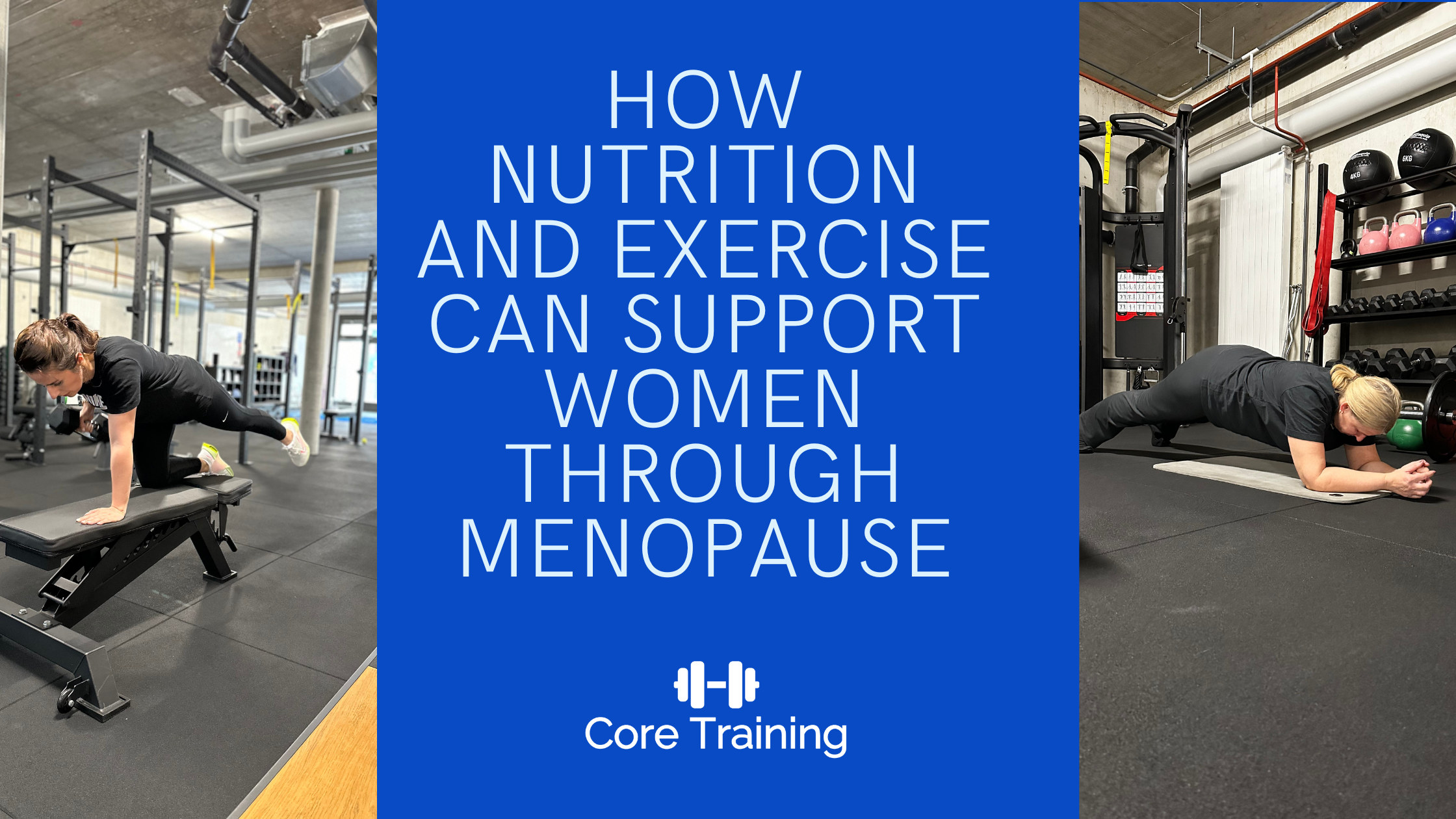How Nutrition and Exercise Can Support Women Through Menopause
As women navigate the changes of midlife, nutrition and exercise play crucial roles in maintaining health and well-being. Menopause is a natural transition, but it comes with unique challenges that can impact the body in many ways—from metabolism and body composition to sleep and mood. This post explores how a thoughtful approach to food and fitness can help women thrive through this stage and beyond.
Why Nutrition and Exercise Matter During Menopause
The human body’s needs evolve over time, and menopause is a key period of transition. As women age, what they eat and how they stay active can make a significant difference in how they feel and function. Menopause doesn’t just affect the reproductive system; it impacts nearly every system in the body, from muscle and bone health to cardiovascular and cognitive function. That’s why building strong foundations in nutrition and exercise is so important.
How Nutritional Needs Change with Age
As we get older, our nutritional needs shift. The foods and habits that once worked may not be as effective, leading many women to seek guidance. During menopause, fluctuating hormones can cause changes in how the body processes nutrients, stores fat, and builds muscle. It’s common for women to notice that what once “worked” for them no longer does. This is where practical nutrition and exercise strategies come in.
Key Nutrition and Exercise Strategies for Menopause
Rather than focusing on rigid diets or strict rules, midlife is a time to build sustainable habits that align with the body’s changing needs. Here are some of the most important strategies to focus on:
Prioritize Nutrient-Dense, Minimally Processed Foods
Foods that are rich in vitamins, minerals, healthy fats, and fiber are key to supporting overall health. Lean proteins, colorful fruits and vegetables, whole grains, and healthy fats like those found in nuts and seeds provide essential nutrients that can help manage symptoms like fatigue, cravings, and mood swings.
Include Plenty of Protein
Protein is crucial for maintaining muscle mass, which naturally declines with age. Eating enough protein also supports metabolism, helps regulate appetite, and provides the building blocks for neurotransmitters that influence mood. Aim for a balanced intake of protein-rich foods like lean meat, fish, eggs, dairy, and plant-based options like beans and legumes.
Don’t Fear Healthy Fats
Healthy fats, particularly omega-3s, support hormone production, brain health, and tissue elasticity. Avocados, oily fish, and seeds are great sources. Including these in your diet helps maintain skin moisture, joint health, and even improves cognitive function.
Choose Slow-Digesting Carbs
Carbohydrates are often misunderstood, but they play a critical role in providing sustained energy, supporting brain function, and promoting gut health. Focus on slow-digesting options like whole grains, starchy vegetables, and fruits that keep you full longer and stabilize blood sugar levels.
Stay Hydrated
Hydration is essential for managing common menopause symptoms like headaches, dry skin, and digestive issues. As we age, our bodies become less sensitive to thirst, so it’s important to make a conscious effort to drink enough water throughout the day.
Make Exercise a Priority
Regular physical activity is one of the best tools for managing menopause symptoms. Strength training helps maintain muscle mass and bone density, reducing the risk of osteoporosis. Cardiovascular exercise supports heart health and helps manage weight. Even low-intensity activities like walking and yoga can improve mood, flexibility, and overall well-being.
Building Sustainable Habits
For many women, midlife brings competing demands—work, caregiving, and other responsibilities. That’s why it’s important to approach nutrition and exercise with flexibility and sustainability in mind. Small, consistent changes can lead to lasting improvements. Whether it’s adding more vegetables to your meals, including an extra serving of protein, or incorporating a 15-minute walk into your routine, every step counts.
Rather than focusing on perfection, aim for progress. Over time, these habits will become part of your lifestyle, helping you not only manage menopause more smoothly but also set yourself up for long-term health.
Menopause is a natural part of life, but it doesn’t have to be overwhelming. By prioritizing nutrition and exercise, women can navigate this stage with strength and confidence. Focus on building skills that support your goals, adapt to your body’s needs, and keep you feeling your best through menopause and beyond.


